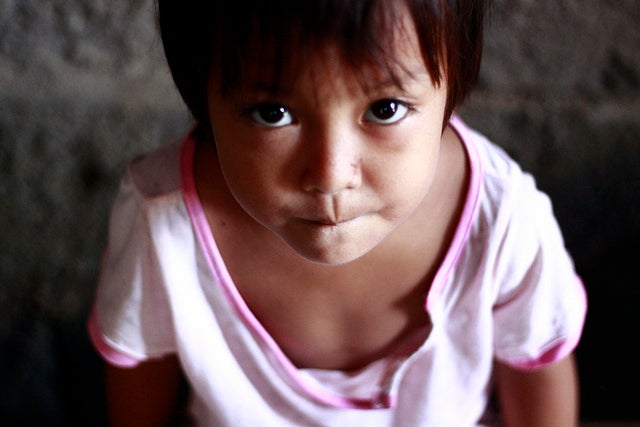
Vote buying has shaped much of Philippine politics throughout history. For many politicians, distributing private goods and cultivating patronage to individual supporters is one of the most effective electoral strategies.
While the line between public and private is traditionally blurry, people who are used to this relationship with those who hold positions in government tend to measure politicians’ performance in terms of how much they provide private goods as opposed to broad public goods.
But though it may have been prevalent, vote buying has been a serious constraint in the country. Research has shown that practices such as vote buying and political dynasties undermine public service delivery and poverty reduction. How can these practices, which are so deeply embedded in Filipinos’ political way of life, begin to change?
A program like the Pantawid Pamilyang Pilipino Program (Pantawid Pamilya or 4Ps), a conditional cash transfer (CCT) program, could be one way to begin a change.
As one of the Philippine government’s flagship programs in the fight against poverty, the program currently provides financial grants to 4.6 million poor households across the country that have children ages 0-18 years old, on the condition that the children regularly go to school and get health check-ups.
There is strong empirical evidence that the program is making a positive impact on the day-to-day lives of millions of poor people in the country. A recent World Bank report also highlighted Pantawid Pamilya as one of the largest and best-implemented conditional cash transfer programs in the world.
However, here we would like to draw the attention not to “what” is being delivered, but “how” it is delivered. The key principles of good governance such as transparency, openness, accountability and participation are all imbedded in the design and implementation of Pantawid Pamilya. We underscore this in the new briefing note “Why Does the Conditional Cash Transfer Program Matter in the Philippines?”
Unlike the old ways, the 4Ps beneficiaries are selected using a national household targeting system for poverty reduction – Listahanan -- which relies on objective and verifiable criteria, including household income, to identify poor families. Moreover, the poverty status is validated by the community.
The targeting system works very well. In 2013, 65 percent of the CCT beneficiaries were poor with 82 percent coming from the bottom 40 percent of the population. According to the World Bank report “The State of Social Safety Nets 2015”, these results put Pantawid Pamilya among the best targeted CCT programs in the world.
Because objective criteria are used to identify poor families, the lists of the poor are now open for verification by members of the community before households are officially enrolled in the program and given the cash grants. Furthermore, along with Listahanan, a transparent and well-functioning grievance redress system helps people realize that access to government services is no longer contingent upon their political support.
One beneficiary expressed it like this: “I am getting this grant because my name is in the computer”.
Not because she voted for the mayor. Even better, the conditions—her children attending school and the whole family going to the health facility—now make her understand that it is her right to demand that these services get delivered to citizens and that the government at all levels is responsible and accountable for that delivery.
The way the CCT program is delivered to its beneficiaries marks a significant departure from the long-established vote buying and patronage politics of service delivery in the Philippines. Also, it holds potential for transforming governance in the country.
We believe that one of the most profound transformations in government-citizen relations begins when citizens start demanding that the government deliver services as its obligation and duty, not as a personal favor, and that the government be held accountable for that delivery.




Join the Conversation